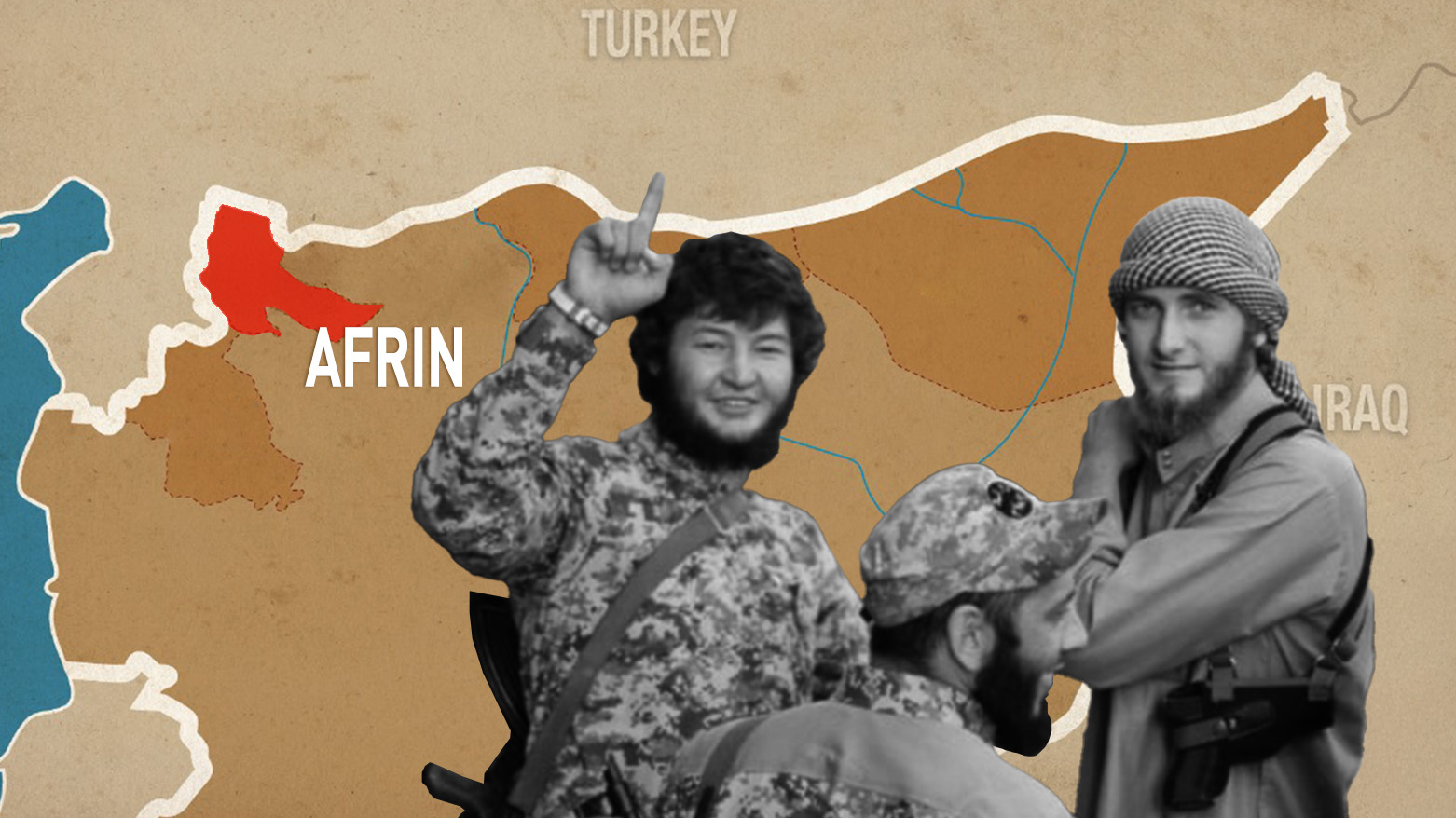KNCS Condemns Afrin Property Decree, Calls it a Barrier to Kurdish Return
Syria's Kurdish National Council rejects Afrin's Circular No. 6, calling the property restitution process unjust and bureaucratic. They demand local committees and a judicial appeal body, warning it violates citizens' rights.

Erbil (Kurdistan24) – The Kurdish National Council (KNCS) in Syria has issued a scathing legal statement rejecting Circular No. 6, recently released by the Afrin District Administration, which imposes complex bureaucratic procedures on Kurdish residents seeking to reclaim their confiscated homes and lands. The Council argued that the measure lacks the legal foundation necessary to deliver justice and risks deepening the suffering of displaced civilians.
In a declaration dated Sep. 22, 2025, the Legal Office of KNCS emphasized its responsibility to safeguard citizens’ rights and uphold the rule of law. The office said that while the formation of committees to review property restitution could be positive if rooted in justice and legal principles, the new directive instead entrenches obstacles.
The Council listed five core deficiencies: exclusion of local legal experts from Afrin in the committees, absence of a judicial reference body to allow appeals, excessive bureaucratic burdens amid dire economic conditions, the absence of most original property owners due to forced displacement, and the near-impossibility of retrieving official documents lost through successive waves of authority in Afrin.
KNCS demanded the full cancellation of Circular No. 6, the creation of independent local committees composed of qualified Afrin residents, and the establishment of a judicial authority allowing for appeals. It further called for practical mechanisms to ensure the safe return of displaced residents to reclaim their homes. Ignoring these demands, it warned, would constitute “a violation of Kurdish citizens’ rights in Afrin” and sow the seeds of future disputes.
The decree, issued on September 18, 2025, requires property claimants to authenticate ownership documents through approved lawyers before submitting them to the Economic Committee for final ratification. While framed as a process to “safeguard public interest,” the decision provoked widespread outrage in Afrin.
A local activist, speaking anonymously to Kurdistan24 for security reasons, described the measure as discriminatory and punitive. “This is an obstructive and selective process applied only in Afrin, with high costs imposed on victims while those who seized their homes face no accountability,” he said.
He explained that thousands of displaced Kurds have faced insurmountable barriers to reclaiming their properties, many of which remain under the control of military factions or individuals who demand exorbitant payments to vacate them. In some cases, homes have been looted or destroyed before being abandoned. Only a handful of properties have been successfully restored to owners through the Economic Committee.
Beyond the decree itself, Afrin’s judicial system has been shaken by sweeping transfers decreed by the Syrian Ministry of Justice on September 4. In an exclusive interview with Kurdistan24, a source within Afrin’s Judicial Complex described the transfers as a deliberate attempt to force Kurdish judges out of the system and strip them of authority.
“Kurdish judges were excluded from consultations and reassigned to remote Arab-majority areas where racism makes it impossible for them to continue,” the judge said. Senior Kurdish judges, such as Mohammad Abdulrahman Abdulqader and Newroz Bakr Hisso, were downgraded to low-ranking positions despite their long service. Many of their replacements, he alleged, are known for corruption and had previously been expelled by Turkish authorities.
The judge stressed that Kurdish judges had played a crucial role in restoring confiscated homes to rightful owners, often resolving cases that committees could not. “If a Kurdish judge knew a property belonged to a Kurd, it was returned. Now, judges demand documents that don’t exist, delaying the process and denying justice,” he said.
He argued that the transfers contradict Syria’s newly announced constitution, which, despite flaws, promised minority protections and outlawed discrimination. Afrin’s judges, he disclosed, plan to file formal objections, demanding that at least 60 to 70 percent of the judiciary be composed of local staff.
On September 20, Afrin’s Kurdish Notables issued an appeal to Syrian Interim Government President Ahmad al-Sharaa which Kurdistan24 obtained a copy of. In their letter, they urged the empowerment of local Kurdish professionals to administer Afrin, denouncing the continued appointment of outsiders as reminiscent of Baathist-era practices.
“Every city should be managed by its own people,” the statement read, invoking the proverb: ‘The people of Mecca know its paths best.’ They demanded an end to the dominance of Syrian National Army factions and their economic offices, which, they said, continue to control lives, confiscate homes, and impose extortion fees, eroding public trust in the government.
The appeal urged al-Sharaa to meet the rightful demands of Afrin’s population by entrusting them with governance, ensuring security, and restoring property to its owners.
Observer note that the developments highlight mounting grievances in Afrin, which has endured demographic engineering and widespread property seizures since 2018, when Syrian National Army (SNA) factions seized control of the Kurdish region. Despite the promises of new legal frameworks, displaced residents and local communities contend that administrative decrees, judicial reshuffles, and factional interference continue to marginalize them.
The KNCS declaration, the judiciary’s testimonies, and the Notables’ appeal converge on one point: without empowering Afrin’s own people—its judges, lawyers, administrators, and citizens—efforts to restore property rights and rebuild trust will falter. Instead, the risk grows of perpetuating injustice and igniting disputes that may destabilize the region further.